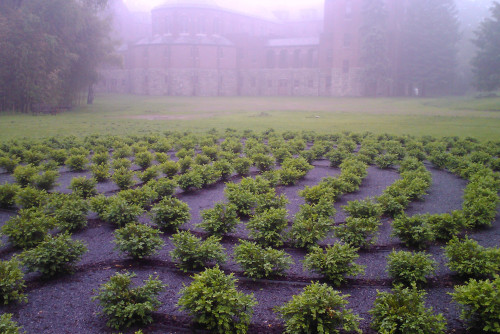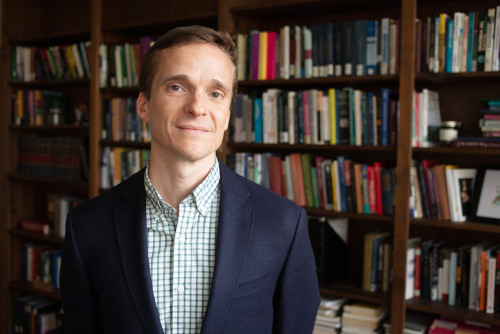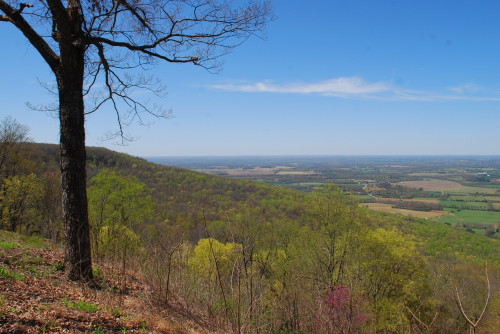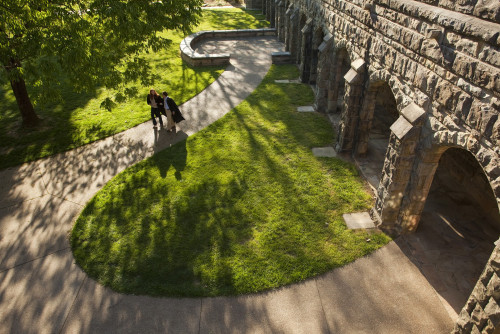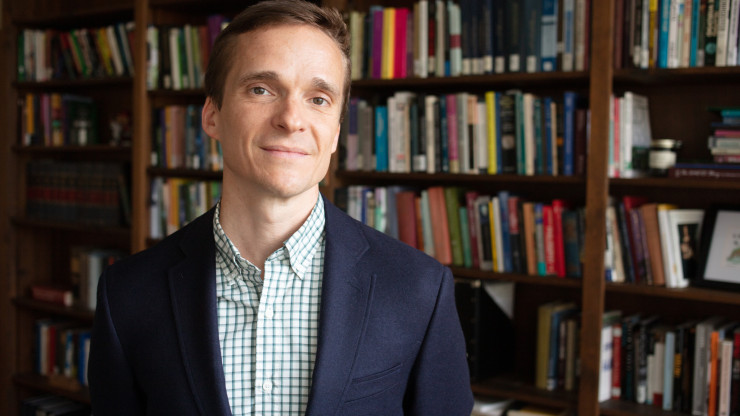
CRE and The Future of Theological Education
A Message from CRE Director Andrew R. H. Thompson
It is no coincidence that when reflecting on the future of ministry, many people reach for ecological language: “organic,” “emergent,” “ecosystems.” In a moment of what theologian Ted Smith calls “unraveling,” when conventional theological and social ideas and institutions that were once tightly bound together are loosening and creating spaces of opportunity, environmental ministries are more than a niche area of concern. They are a seedbed for developing the skills and virtues needed to lead the church in a complex and changing world.
In this time of transformation, religious communities will have to be more flexible, diverse, and innovative, and less oriented toward stability and certainty. Leaders need curiosity about the contexts in which they minister, an ability to imagine new possibilities, and a willingness to experiment. These habits are central to environmental ministries and to the work of the Center for Religion and Environment.
In the School of Theology’s Religion and Environment degree programs, MA and MDiv students cultivate the wisdom needed to approach the complex challenges – environmental and otherwise – of the contemporary world with care and skill. Courses like the Religion and Environment Colloquium and Environmental Ethics utilize a wide range of pedagogical methods to foster curiosity and humility, ambiguity and creativity. CRE also coordinates the School of Theology garden to give all seminarians an opportunity to practice these skills while getting their hands dirty. Students in CRE’s degree programs do not follow a singular professional trajectory; they forge unique paths toward innovative and faithful ministries both in and beyond the church. Students and graduates of these degrees testify to their faith as they create community farms, advocate for policy changes, educate young people, and lead regional environmental ministries.
CRE’s webinars and broader projects also provide spiritual and practical resources for a transforming world. For example, the “Churches and Climate Change after Helene” webinar offered a vision of climate-resilient communities that reach beyond disaster relief to forming networks of mutual care and spiritual resilience. In collaboration with the Episcopal Church, CRE is helping develop a major initiative to support grassroots environmental work in networks organized by eco-regions. Chaplaincy is a major locus for new forms of ministry; beginning in 2025, CRE will offer resources for the growing eco-chaplaincy movement.
In a world where environmental concerns connect every aspect of our life together, the insight, curiosity, and passion cultivated in these programs are essential not just for environmental ministries, but for the future of the whole church. The church’s faithful witness is expressed in its creative response to the changing world around it, and the Center for Religion and Environment is devoted to forming leaders capable of crafting that response.
Learn more about the Center
